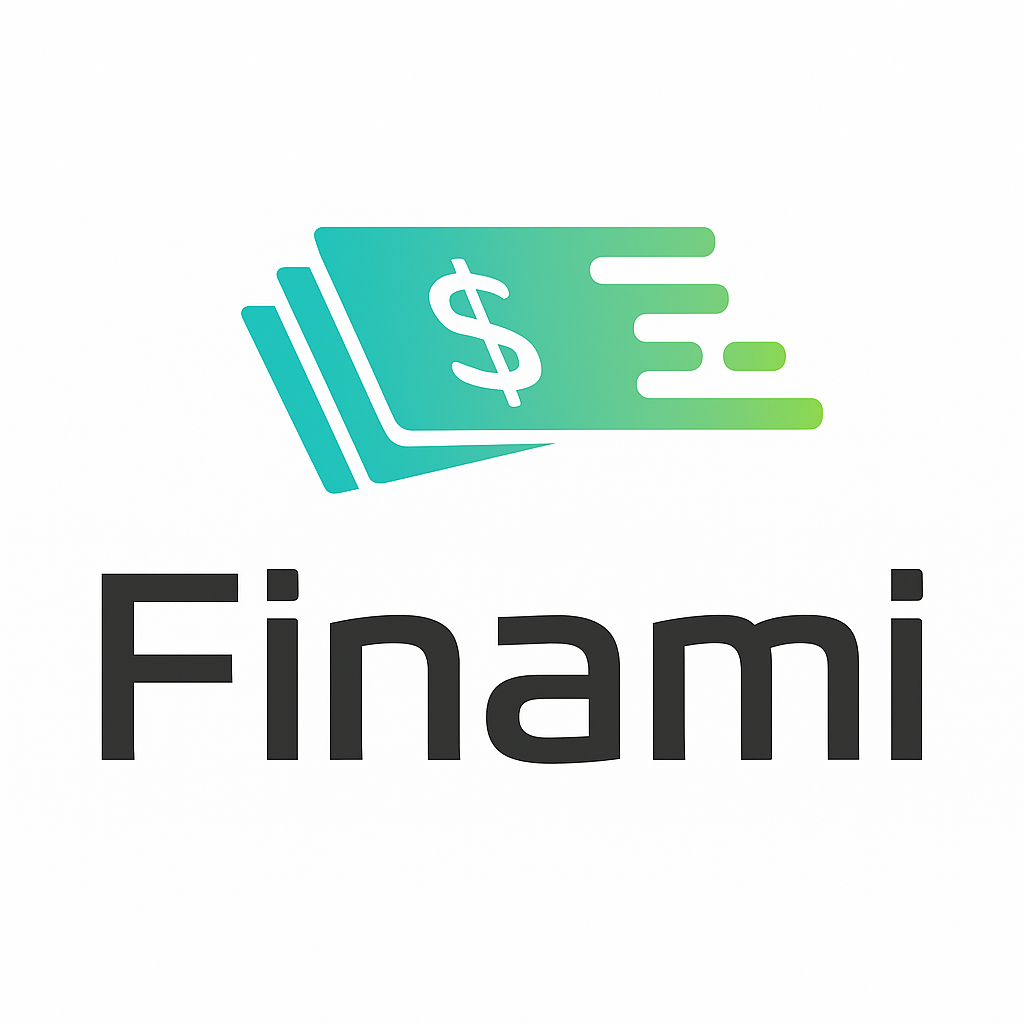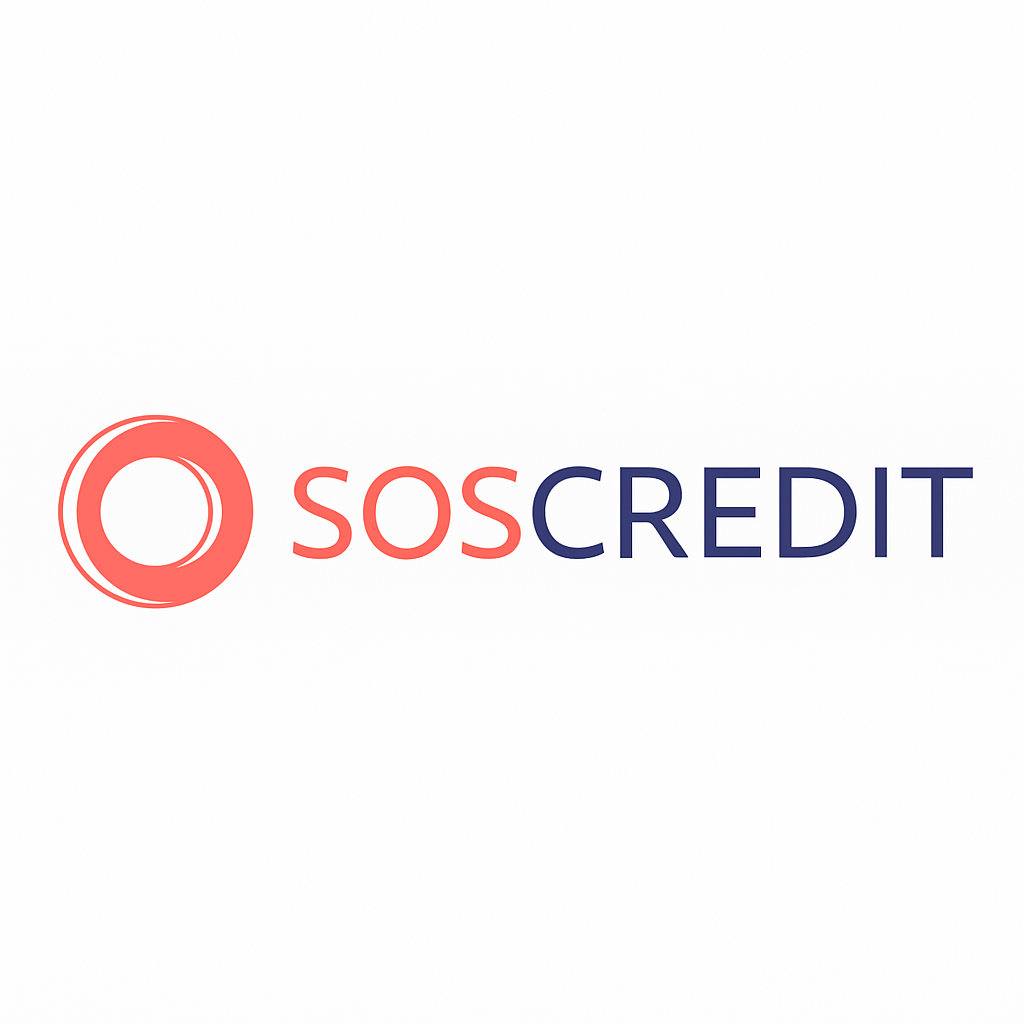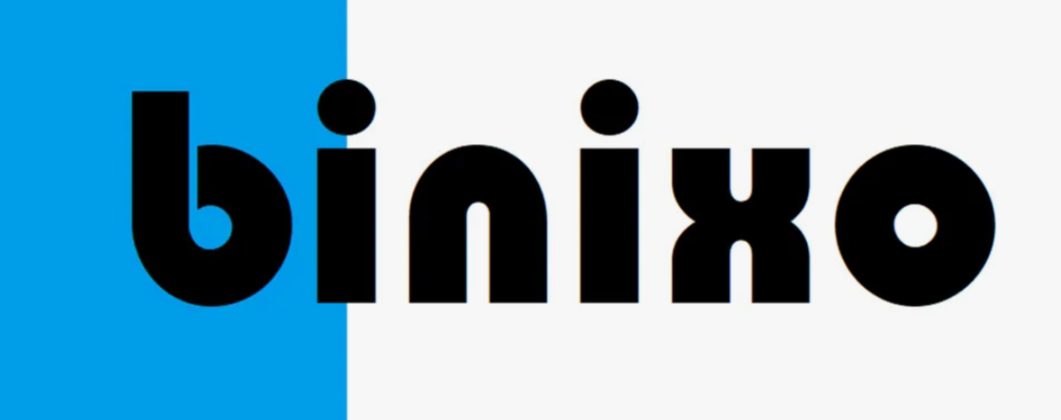How the Philippine Government is Supporting Financial Inclusion Through Loans and Credit Programs in 2025
Trusted Loan Apps
Financial inclusion remains a key priority for the Philippine government as it seeks to provide equitable access to financial services for all citizens. Through various loan and credit programs, the government aims to empower small businesses, farmers, and underserved communities. This article examines these initiatives in 2025 and their impact on economic development.
Government Loan Programs for MSMEs
- Small Business Corporation (SB Corp) Loans: Offering affordable loans to micro, small, and medium enterprises (MSMEs).
- Pondo sa Pagbabago at Pag-asenso (P3 Program): Provides low-interest loans to small entrepreneurs.
- Agricultural Credit: Support for farmers and fisherfolk through the Agricultural Credit Policy Council.
Support for OFWs and Their Families
- Loan programs and financial products tailored for Overseas Filipino Workers (OFWs) and their beneficiaries, facilitating remittances and investments.
Digital Government Platforms
- Implementation of online portals for loan applications to streamline access and reduce bureaucracy.
- Partnerships with fintech firms to widen reach.
Financial Literacy Campaigns
- Nationwide education initiatives to improve understanding of credit, loans, and financial management.
Impact and Challenges
- Increased loan uptake and business growth among beneficiaries.
- Ongoing challenges include outreach to remote areas and ensuring timely loan repayment.
Future Plans
- Expansion of credit guarantee programs.
- Enhanced monitoring and evaluation of loan programs for effectiveness.
Conclusion
The Philippine government’s commitment to financial inclusion through targeted loan programs is fostering economic resilience and opportunity. Continued innovation and collaboration will be essential to sustain progress in 2025 and beyond.

















